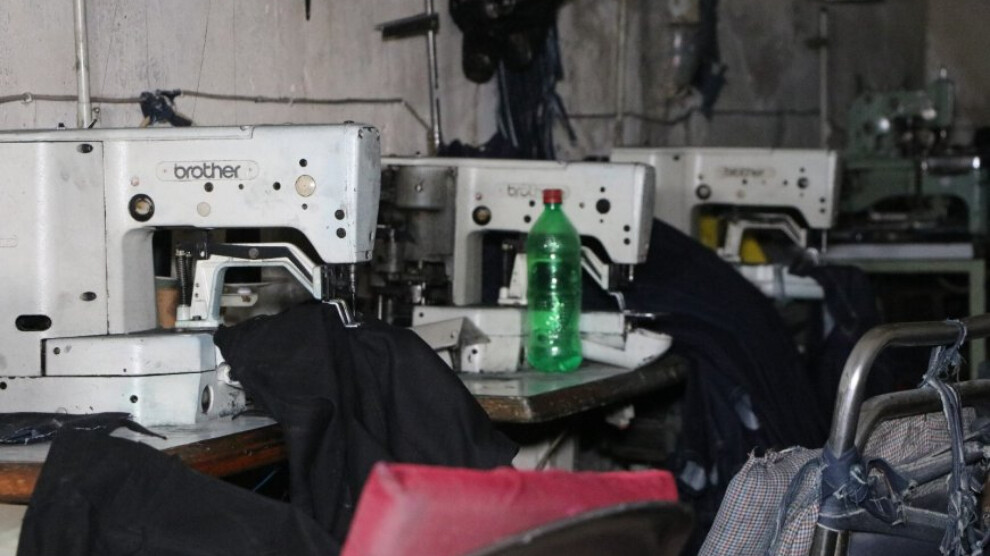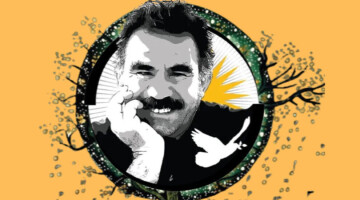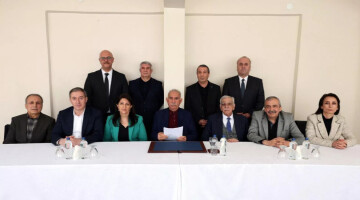The blockade and embargo imposed by the Damascus government on the neighborhoods of Sheikh Maqsoud (Şêxmeqsud) and Ashrafiyah (Eşrefiyê) in Aleppo continues. As the embargo has intensified, many clothing stores and battery manufacturing businesses have come to the point of closure due to the blockage of diesel fuel to the two neighborhoods.
According to the information received from the Workers' Union, 40 percent of the clothing stores and industrial manufacturing businesses in the two neighborhoods have closed due to the power outage.
A few sewing workshops, which are running under difficult conditions, cannot work at full capacity because there is not enough diesel fuel. The price of diesel has reached 13,500 liras per liter. This increases the cost, so business owners have reduced their working hours to avoid losses.
In Sheikh Maqsoud and Ashrafiyah, workplaces employing thousands of workers, institutions, factories in the industrial zone sell the goods they produce to neighboring countries such as Syria, Iraq, Lebanon and Jordan. The decrease in production has a negative impact on the market in both neighborhoods.
Kamiran Zaza, one of the leaders of civil society organizations in Aleppo, spoke to ANHA and said that the Damascus government did not allow the passage of raw materials needed for the industry, causing serious problems in the industry.
Explaining that complaints have been received from hundreds of craftsmen, employees and business owners from different sectors due to the problems arising from the embargo and blockade, Kamiran Zaza said, "The Damascus government does not allow the passage of solder and oxygen cylinders needed by craftsmen and employees. There are serious problems because these are not allowed into the region. Metals are also not allowed to pass. This causes serious problems with batteries. The Damascus government also puts many obstacles in front of the representatives of the pharmaceutical sector, who obtain all the necessary permits for the sale of medicines. It was these obstacles that led to a 5 percent increase in the price of medicines."
One of the sectors that has suffered from the embargo and blockade is car repair. The equipment needed for this sector is not allowed into the two neighborhoods, causing serious problems. Kamiran Zaza said that this sector was one of the most important areas in Shiqeif before the crisis, but with the siege and embargo, many business owners have closed their businesses and migrated from the region.
With the fall in the value of the Syrian lira, no one can pass more than 150,000 liras through Damascus government checkpoints. This prevents the purchase of essential supplies.
Kamiran Zaza said that the Damascus government's policies are against the people and have victimized thousands of families, calling for an immediate end to the siege and embargo.
















